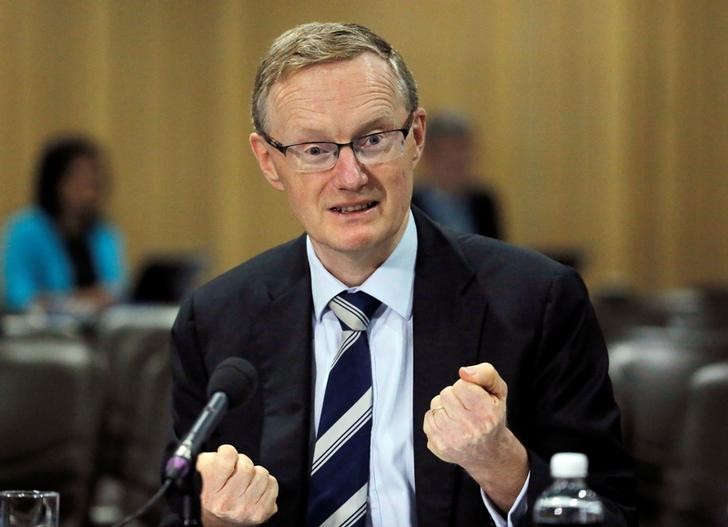The House of Representatives Standing Committee on Economics will hold a public hearing with the Governor of the Reserve Bank of Australia (RBA), Dr Philip Lowe, in Sydney from 9.30am to 12:30pm on Friday, 22 February 2019.
Since the previous hearing with the RBA in August 2018, monetary policy has remained accommodative with a cash rate of 1.50 per cent, following the RBA’s recent decision to leave interest rates unchanged.
Commenting on the decision to keep rates on hold, the RBA Governor noted that ‘the central scenario is for the Australian economy to grow by around 3 per cent this year and by a little less in 2020 due to slower growth in exports of resources.’
‘The housing markets in Sydney and Melbourne are going through a period of adjustment, after an earlier large run-up in prices. Conditions have weakened further in both markets and rent inflation remains low.’
In relation to the inflation outlook, the Governor stated that ‘underlying inflation is expected to pick up over the next couple of years, with the pick-up likely to be gradual and to take a little longer than earlier expected. The central scenario is for underlying inflation to be 2 per cent this year and 2¼ per cent in 2020.’
The Governor concluded that ‘the low level of interest rates is continuing to support the Australian economy. Further progress in reducing unemployment and having inflation return to target is expected, although this progress is likely to be gradual.’
The Governor, at a speech on 6 February, commented that ‘today, the probabilities appear to be more evenly balanced’ between an increase or decrease in rates. It is also notable that in December, the Deputy‑Governor commented that ‘quantitative easing is a policy option in Australia, should it be required.’
The Chair of the House Economics Committee, Ms Tim Wilson MP, said ‘the committee will examine these issues in more detail and will ask the RBA if it remains confident that current monetary policy settings will encourage growth and inflation consistent with the target for coming years.’
